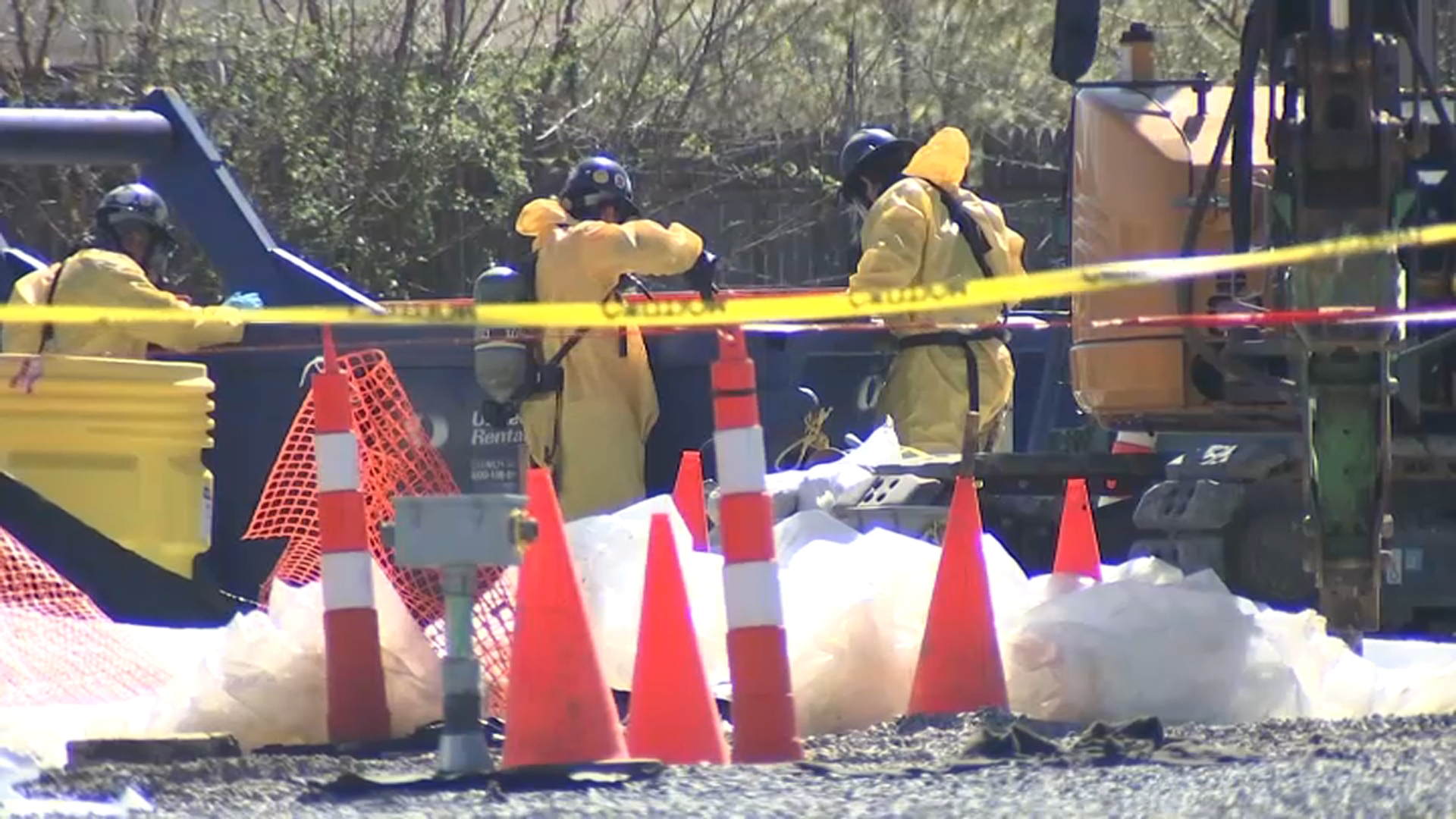Doctors, nurses and physician assistants take thousands of courses each year to keep up with the latest treatments and techniques. By attending the seminars, these medical professionals earn credits they need to stay certified by professional boards like the American Medical Association or the American Academy of Physician Assistants.
"Continuing medical education credits" or "CMEs" are often granted based solely on attendance at the lectures, but an I-Team hidden camera investigation found many courses don't even take attendance, leaving open the possibility health care staff are claiming credit for courses they never actually take.
At a Las Vegas CME event called the "Skin, Bones, Hearts, and Private Parts" conference, the I-Team found nurse practitioners and physician assistants admitting they often show up for lectures in the morning but skip classes to vacation after lunch.
"I mean it's Vegas. We leave at break," said one attendee as she walked into a class about bone fractures.
"Everybody is leaving," said another participant.
On hidden camera, organizers of the four-day conference told the I-Team that between 170 and 200 people registered to get CME credit from the various lectures. On the third day, the I-Team witnessed 106 attendees before lunch but that dwindled to 64 after lunch.
"I think people are going to play instead of coming back," said an organizer of the conference.
Local
Dillehay Management, the Georgia company that produces "Skin, Bones, Hearts, and Private Parts" did not return calls for comment from the I-Team.
A spokeswoman for Penn State College of Medicine, which endorses the educational content of the lectures, suggested any attendance irregularities were not the fault of the organizer.
"There is an expectation that the participants are professionals and will claim credit appropriately," Penn State Medical College spokeswoman Megan Manlove said.
But other providers of continuing medical education credits expressed worry that the lack of any attendance verification could erode the perceived educational value of CME credits.
"In general, all providers, we do have concerns if people are vacationing rather than learning," said Mike Saxton, chief learning officer for the American Academy of Physician Assistants.
The Accreditation Council for Continuing Medical Education -- a nonprofit that endorses hundreds of CME providers -- does not require sign-in sheets at lectures, whether they take place in vacation destinations or not.
Murray Kopelow, ACCME president and CEO, said in a statement: "presenting CME at attractive locations is not prohibited by the ACCME. The ACCME does not define 'attendance' or 'participation.'"
Much of the promotional website and marketing pamphlet used to advertise the "Skin, Bones, Hearts, and Private Parts" conference stressed the vacation benefits of Las Vegas rather than the educational content of the lectures.
The Dillehay Management website boasts "what happens in Vegas stays in Vegas," and encourages CME attendees to enjoy "theme parks, roller coasters, museums, national parks, and more" during the conference.
Dillehay also markets CME conferences at Disney World and San Antonio. Other CME providers market their conferences as CME vacations as well.
Search "CME vacation" online and several results appear advertising medical education courses in places like the Bahamas, Yellowstone National Park, and even custom cruises.
"I certainly think if you have the choice between the beach in Honolulu or spending all day in a seminar room, many people are going to sign up in the morning and not show up in the afternoon," said Dr. Beryl McCormick, chair of continuing education at Memorial Sloan-Kettering Cancer Center in Manhattan.
Sloan-Kettering has one of the nation's most respected CME programs, in part because it was among the first to eliminate the influence of pharmaceutical companies, which often contribute money and educational content to help CME providers produce seminars.
"We said in 2007, no more drug reps in the hospital. No more lunches. No more commercial support for CME. And we really haven't looked back," McCormick said.
By contrast, it appears Dillehay Management actively solicits commercial support at its CME events. The company website advertises "product theaters" where medical product and health care service firms can market themselves to conference attendees.
The Dillehay Management website specifically describes its education conferences as a place to market pharmaceuticals and boost the number of pills they prescribe:
"Physician Assistants write more than 330 million prescriptions a year and have prescribing privileges in all 50 states. You can reach and teach hundreds of PAs in one 45-minute Product Theater session."
Large drug reps weren't the only business interests welcome at the Las Vegas conference. Outside the lecture halls, the I-Team found a man selling a battery-operated device that produces small electric shocks. He said he paid Dillehay Management $1,000 to set up his sales table. On hidden camera, he said the device was proven to reduce chronic pain.
Inside one of the lecture halls, a physician assistant named Risha Bellomo disclosed that she is a paid consultant for drug companies Allergan and Amgen. During her nearly three hours of lecturing, Bellomo spoke about off-label label uses of Botox and Enbrel, drugs produced by those companies.
In a phone interview, Bellomo said Dillehay Management Group pays her for the content of her lectures -- not the pharmaceutical companies she consults for.
"I don't speak for any company that I don't really believe in that drug," Bellomo said. "Unfortunately it is one of those things that people are going to wonder if you're going to benefit monetarily. There is definitely a monetary purpose. I feel confident that I'm doing it in a moral and ethical way."



